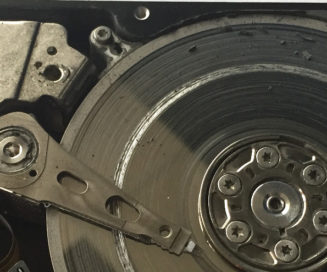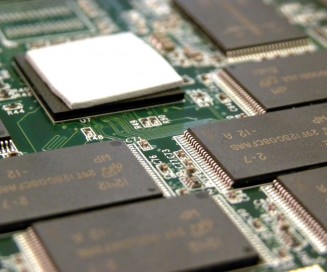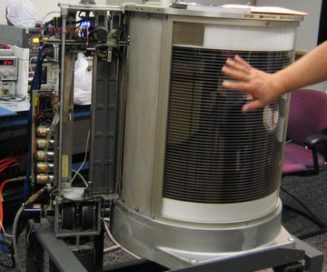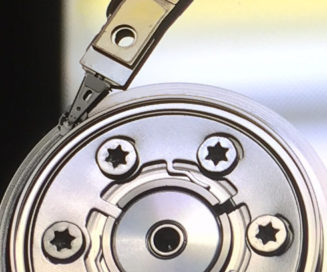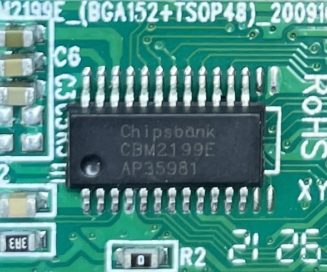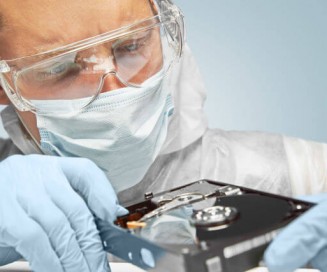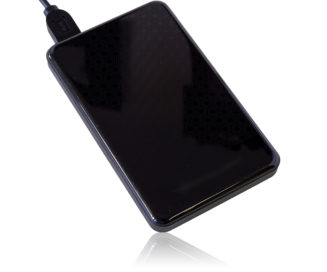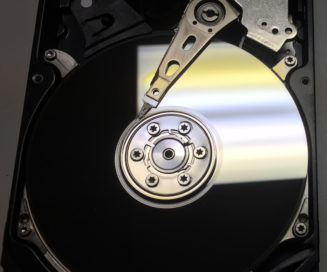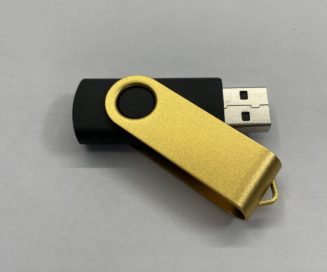Looking for something? Refine your search
- Categories
- Backup
- Cloud
- Computer Forensics
- Computing and CPU Power
- Cryptocurrency
- Damage
- Data Loss Prevention
- Data Recovery Knowledge
- Data Recovery News
- Data Recovery Service
- Data Types
- Database
- Digitization
- Encryption
- Flash Drive
- Hard Disk
- Investing and the Stock Market
- Mac/Apple
- Media
- Mobile Device
- NAS
- Network Security
- Office Documents
- Outreach
- Photos & Images
- RAID
- Ransomware Recovery
- Removable Media
- SAN
- Secure Deletion
- Server
- Services
- SSD
- Storage Industry
- Tape
- Uncategorized
- Video
- Tags
- actuator
- Apple
- backup
- bitcoin
- breach
- clean room
- clone
- computer forensics
- cryptocurrency
- cybercrime
- data recovery software
- data recovery tips
- decision tree
- EEPROM
- encryption
- ethereum
- exploit
- financial records
- fire damage
- flood
- guide
- hard drive data recovery
- hard drive failure
- hard drive manufacturers
- head ramps
- helium
- how to
- hurricane
- iOS
- landing zone
- leak
- Mac
- Mac OS
- machine learning
- macos
- Midwest
- migration
- music data recovery
- NAND
- NFT
- NVRAM
- operating system
- OS X
- parts
- password
- PCB
- Phoenix
- power surge
- RAID
- ransomware
- rebuilt
- SATA
- SaveMyFiles
- SSD
- statistics
- storms
- tornadoes
- TRIM
- video conversion
- virus
- water damage
- wildfires
- windows 10
- windows 10 guide
Don’t Use CHKDSK On a Failing Hard Drive
Recently, we searched for “failing hard drives” to see whether the internet was dispensing bad advice regarding drive failures (and to see if our name came up). Google’s experimental A.I. answered our question — and promptly provided instructions that could...
July 23, 2024
How Does Block Erase Work on a Solid-State Drive?
Block erase (also referred to as “secure erase” and by other names, depending on the implementation) is an ATA command that tells the SSD’s controller to apply an erase voltage. The voltage is applied to all NAND cells of the...
July 3, 2024
The IBM 350: Weird Facts About the First Commercial Hard Drive
We’re approaching the 70th anniversary of the hard disk drive (and despite a popular misconception, hard drive sales are still going strong). Without HDDs, modern computing wouldn’t be possible, and when the IBM 350 was introduced in 1956, it jump-started...
July 2, 2024
Data Recovery Myths: Can You Move Hard Drive Platters to Another Drive?
Frequently, our clients will ask us about how the data recovery process works — and providing a quick answer can be difficult, because every case presents a different set of challenges.In some situations, we’re able to restore files by...
June 11, 2024
Dashcam Data Recovery: Is It Possible?
If you need to recover data from a dashcam, you’ve probably got a very good reason (and we’re guessing that it involves an insurance claim). The good news is that dash cams aren’t magic boxes; they’re standard digital devices. They...
May 2, 2024
Hard Drive Spins But Is Not Detected: How To Fix
If your hard drive seems to “spin up,” but your computer can’t recognize it, you’ve got a problem — but in many cases, the solution is fairly straightforward (the quickest and most likely solution is to check your data connections)....
March 4, 2024
External Hard Drive Data Recovery
External hard drives (HDDs) are commonly used for backup and for additional storage. They provide more control over data than cloud storage services, and they’re significantly less expensive than external solid-state drives (SSD). But while external HDDs are inexpensive and...
February 29, 2024
A Look at Seagate’s “Nanophotonic” Hard Drive Architecture
Seagate Technology has announced a new hard drive architecture utilizing a “nanophotonic laser,” which leverages heat-assisted magnetic recording (HAMR) technology to allow for extremely high capacities. HAMR isn’t brand-new tech, and many other manufacturers are experimenting with similar lasers. If...
February 1, 2024
How Long Can I Wait Before Sending a Hard Drive for Data Recovery?
If you need data recovery, but you can’t quite afford it, you might consider putting your hard drive (or solid state drive, or other device) into storage until you’re able to get the money together. Clients often ask us whether...
January 15, 2024
Do You Still Need to “Safely Remove” USB Flash Drives?
For years, “unsafely ejecting” a USB flash drive was a serious misstep — one that could lead to corruption and permanent data loss — but in 2024, it’s not as big of an issue. Here’s why: Operating systems have implemented...
January 12, 2024

